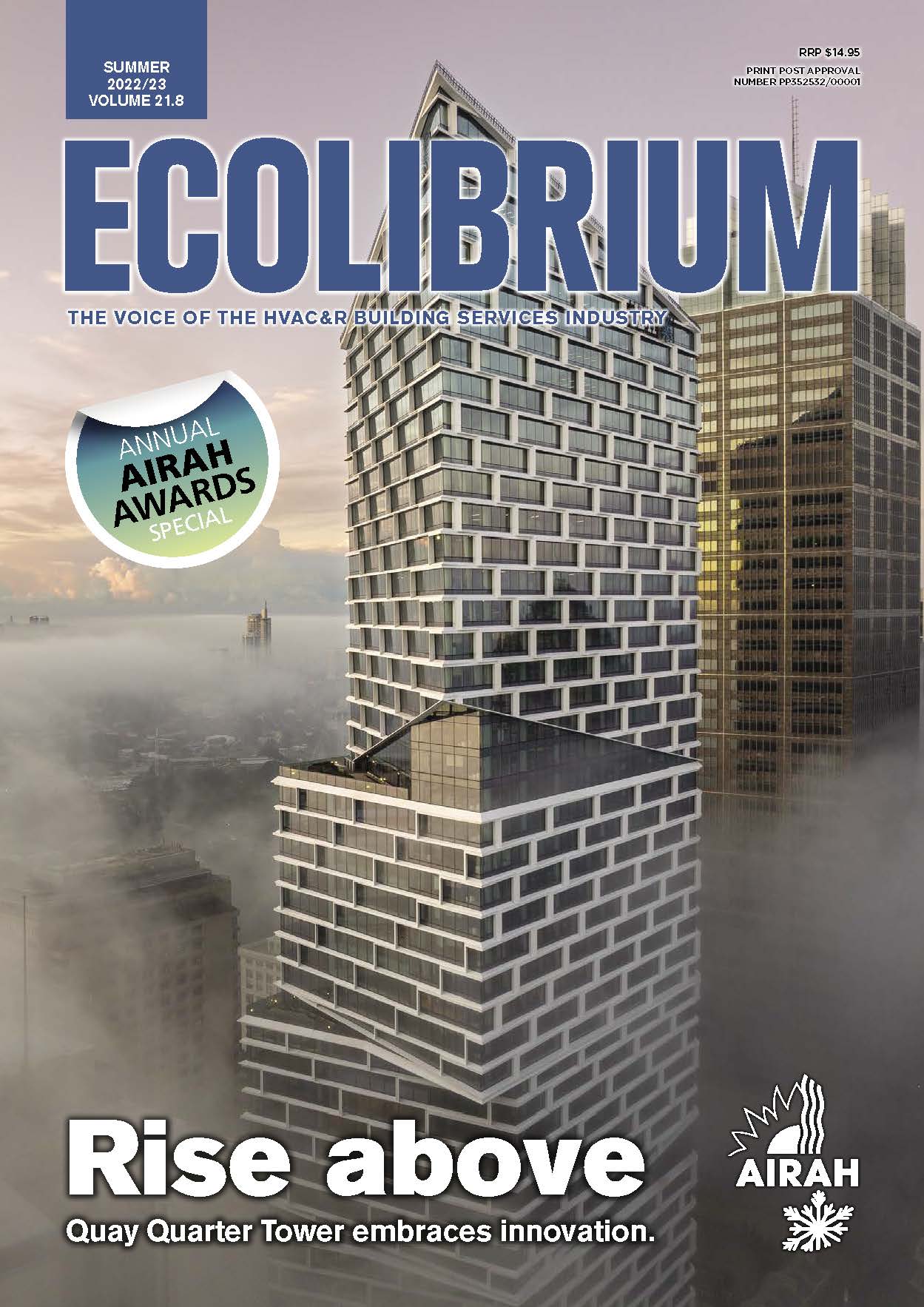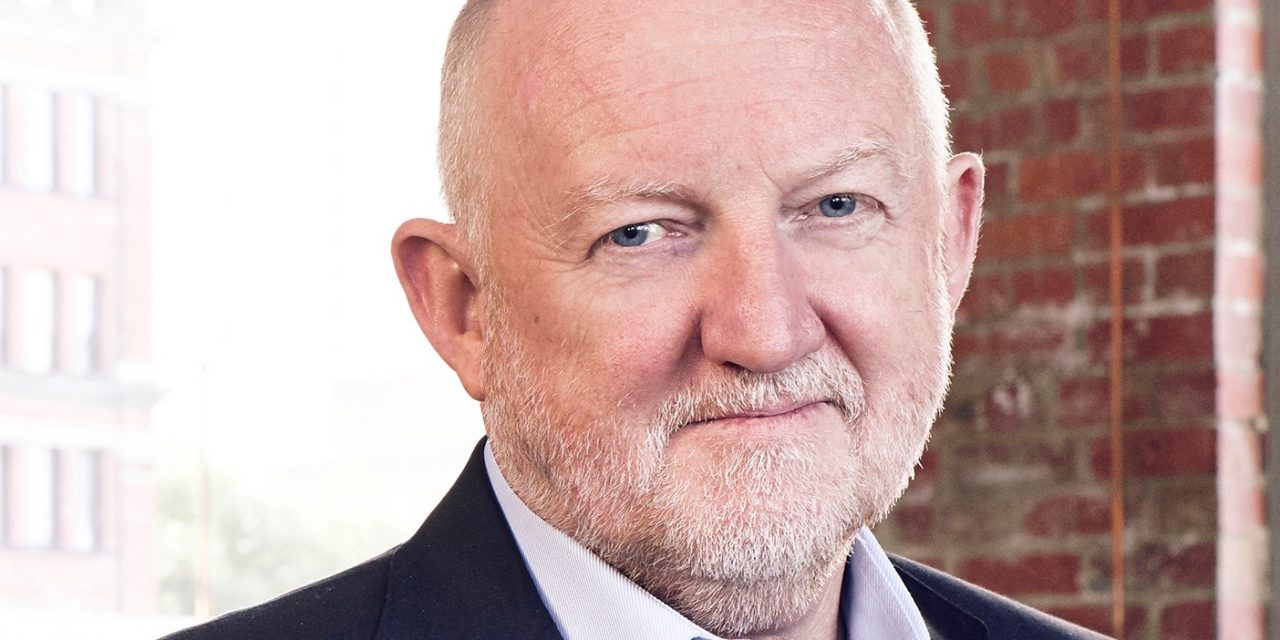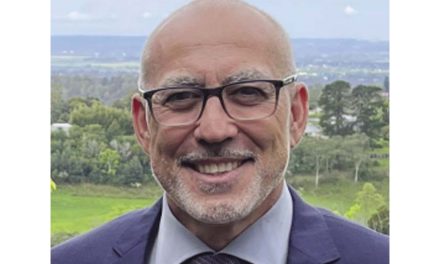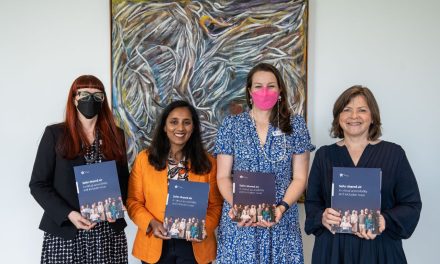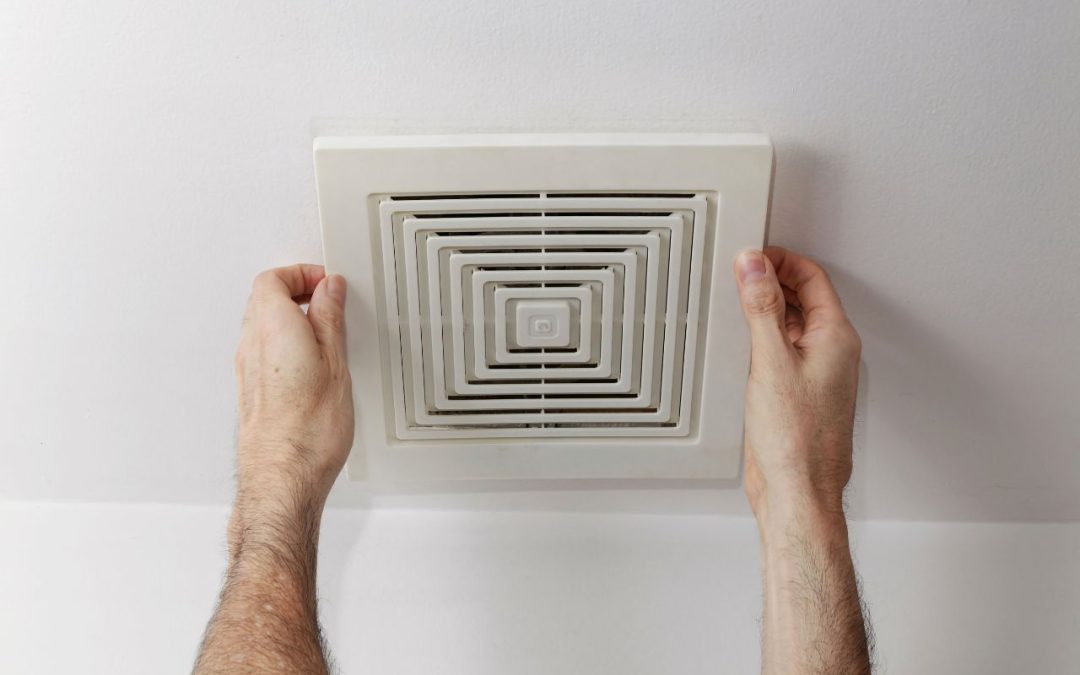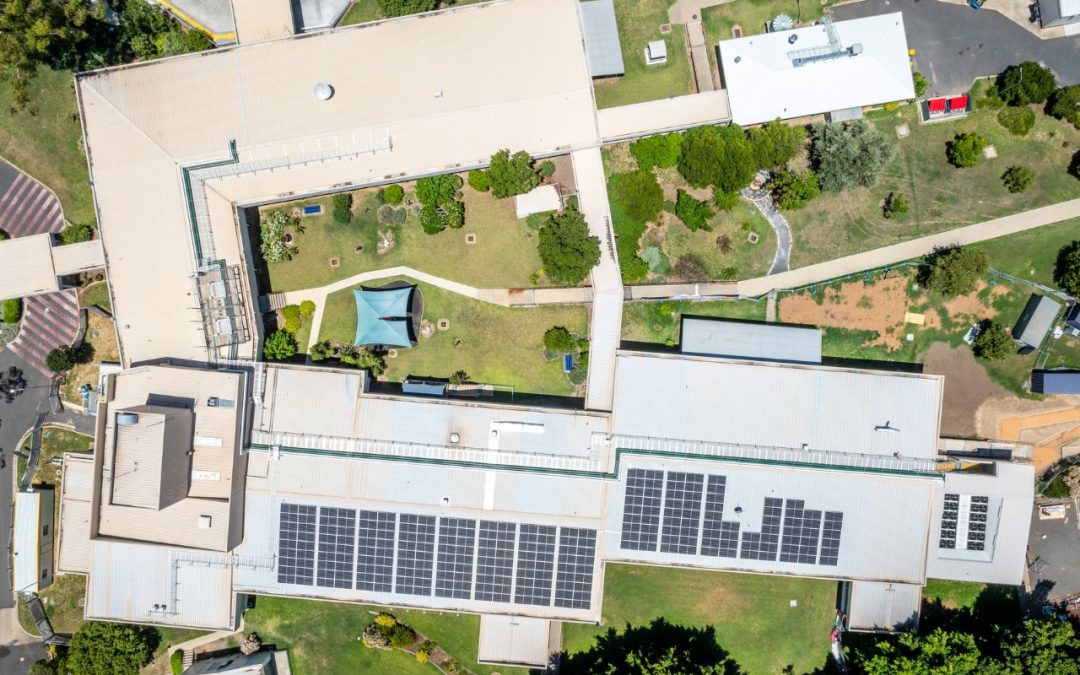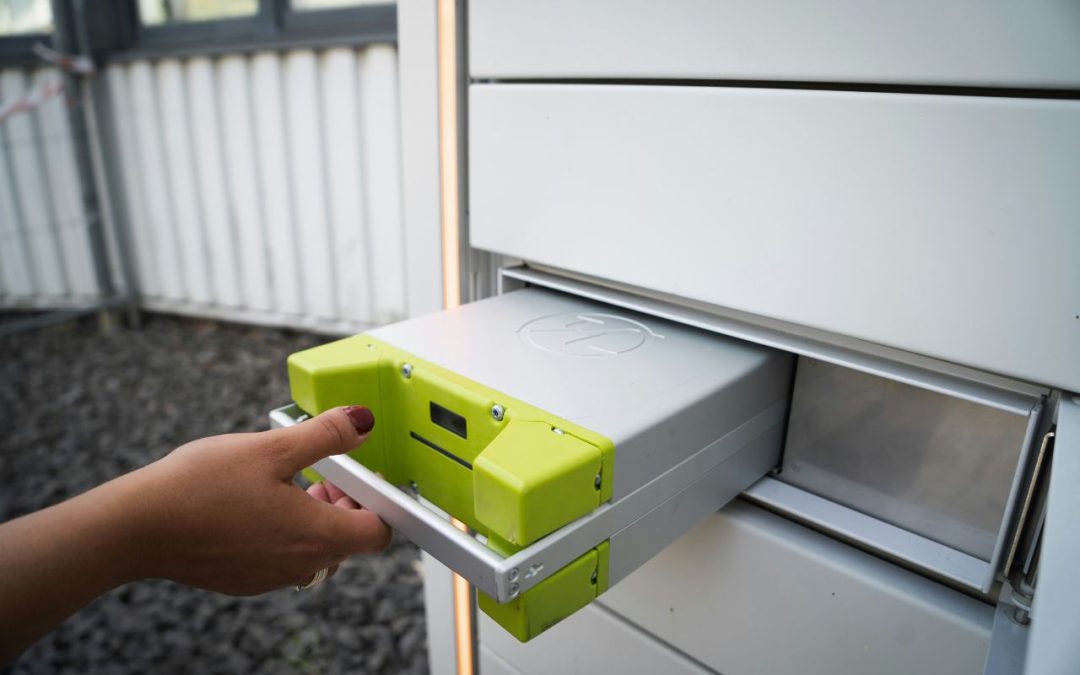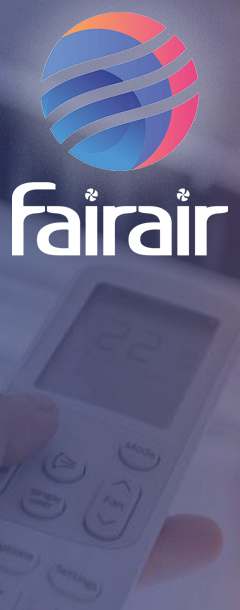HVAC&R specialists have key role to play if Australia is to meet emissions targets and keep building healthy, argues ARBS Chairman Tony Arnel.
Australia’s 43 per cent emissions target, cybersecure systems and pandemic proof buildings … these challenges all have one thing in common. None will be met without the help of HVAC&R specialists.
In the last few months alone, the federal government has promised to fund one million energy-efficient homes, a National Energy Performance Strategy to manage energy demand, an expansion of NatHERS, and more than $60 million to help small businesses boost their energy efficiency. Turning these funding commitments – and many more – from aspiration into action is dependent on the HVAC&R industry.
Meanwhile, as the smart building movement continues to gather momentum, several high-profile cyberattacks have captured headlines. As the risk of ransomware rises, HVAC systems are increasingly a point of exposure. More than half of all IT professionals surveyed for one recent survey (see breakout box Need to know) saw HVAC systems as their biggest security threat.
“HVAC&R is the built environment’s engine room, and that engine room needs people to run it efficiently”
Prioritising wellbeing
Then there’s demand for healthy buildings with high indoor environment quality. The International WELL Building Institute says the Covid-19 pandemic has driven demand for buildings that prioritise health, safety and wellbeing – with occupancy satisfaction in the workplace jumping by 30 per cent when a building boasts the gold standard WELL rating.
HVAC&R is the built environment’s engine room, and that engine room needs people to run it efficiently. But at a time when HVAC&R has never been more important to the future of our nation – and indeed the future of the planet – we are failing to attract our share of talent.
In August, I chaired a panel discussion as part of ARBS, Australia’s largest HVAC&R conference. This panel brought together industry experts with an engaged audience to explore ways we could prevent the current skills shortage from becoming a full-blown skills crisis.
Skills shortages are plaguing nearly every industry across Australia’s economy. However, the National Skills Commission says technicians and trade workers are in the shortest supply of any job type – with 42 per cent of assessed occupations in shortage.
Fresh blood
The HVAC&R workforce is ageing, and we are failing to attract fresh blood, our panel agreed. Just 900-odd technicians entered the profession last year, noted industry veteran Steve Smith. After 35 years’ teaching HVAC&R at TAFE NSW, Steve had observed the low entry level standard was no match for the challenging subject matter, and this led to high dropout rates.
Temperzone managing director Robert Beggs agreed. The education system was not keeping pace with advances in technology, he noted. The responsibility then falls squarely, and often unfairly, on the shoulders of equipment manufacturers and suppliers.
The winner of the 2022 ARBS Young Achievers Award, Grace Foo, M.AIRAH, was also on the panel. An energy efficiency and principal consultant with DeltaQ, Grace said unequal remuneration and a lack of support and recognition were sidelining many women from reaching their full potential in the HVAC&R sector.
HVAC&R is undoubtedly male dominated. While the number of Australian women working in the profession is unclear, women accounted for just 1.5 per cent of HVAC mechanics and installers in the US last year. Grace suggested HVAC&R companies could take their cues from the sustainability sub-sector, which had successfully attracted talented women and is ensuring they have a strong voice at the table.
Ura Sarfejoo, M.AIRAH, AIRAH board director and leader for digital solutions and sustainable infrastructure for Johnson Controls ANZ, agreed that the industry needed to attract more women.
But Ura also pointed out the importance of attracting younger generations to the sector. The Gen Z cohort – the largest generation in human history – will make up 27 per cent of Australia’s workforce by 2025. This is a digitally native, values-driven generation.
“When these young people walk onto the job, diversity, inclusion and social impact are priorities from day one,” Ura told the ARBS crowd.
Step change
Step change takes a mountain of resources and everyone willing to step up together. ARBS plays a pivotal role in raising the profile of HVAC&R. Our industry awards showcase innovation, leadership and a commitment to excellence. The ARBS Foundation has issued nearly $400,000 of scholarships and grants for upskilling. But at a time when the HVAC&R industry has never been more visible, our message must be crystal clear – and we need to share that message to a wide audience.
ARBS is currently collaborating with the peak bodies, including AIRAH and AREMA, to build a skills blueprint that can guide our collective efforts over the next few years. We need as many bright minds and brilliant ideas as possible. We can solve some of the world’s biggest problems – but only if we rev up the engine room together.
Need to know
To find out why IT professionals consider HVAC a point of vulnerability for cyberattacks, click here.
